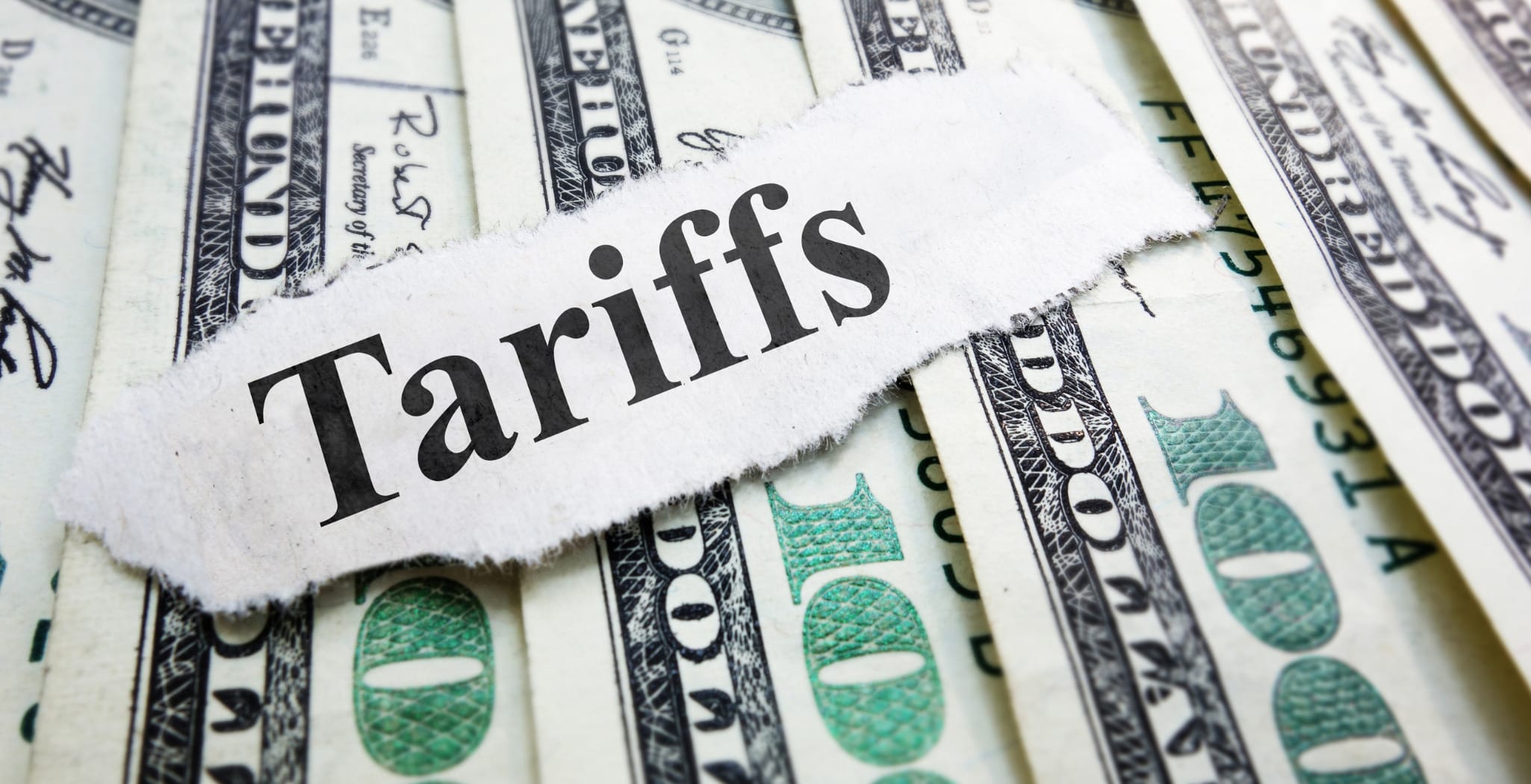Sites like Alibaba have become powerful tools for businesses and entrepreneurs looking for a low-cost, do-it-yourself method for finding manufacturing partners in China to produce their products. Although online services and databases such as Alibaba have certain benefits, businesses that use these platforms are subject to many risks and challenges.
Here are the top three concerns when using the internet and Alibaba to create your supply chain strategy:
Finding reputable manufacturers and looking out for scammers
Navigating the Alibaba platform can be a challenge in itself. Out of hundreds of published options there may be only a dozen actual qualified manufacturers. The ratings/review system for these manufacturers can be difficult to understand and is oftentimes unreliable since manufacturers can pay to be more highly recommended. There is also potential for scammers that exist on the platform waiting to take advantage of customers.
One common scenario is where an individual or company will receive high-quality samples shipped to them by their Alibaba partner leading to the placement of a substantial order only to have the final product not match the quality of the samples. Another risk is “cost creep,” where manufacturers will raise their quoted price after one has worked with them to establish the details of the product (i.e. samples, packaging, order quantity). Once months have been invested in product development it is difficult for overseas customers to find another manufacturer and repeat the process of establishing their order details.
The risk of receiving an entire shipment of “off spec” goods or prices being raised are just a one example of what to look for when working with suppliers found on the internet. Without visiting a factory in person it is difficult to know whether you are working with a decision maker or just a sales broker. These potential pitfalls can be extremely costly for a business that is just trying to get a product off the ground.
Communicating with manufacturers and establishing valuable partnerships
The communication process between suppliers in another country can be an arduous process for several reasons. The language barrier is a difficult hurdle to overcome. Suppliers may have a representative who speaks some English but when discussing product details and placing an order, it is critical to ensure that both parties understand technical, fit & finish, materials and quality requirements. There are many specifics that nothing has been lost in translation.
The difference in time zones can also be problematic since meetings and phone calls may need to be scheduled for early mornings or late at night to accommodate business hours of the supplier.
These challenges in communication often slow down the production process and make it much more difficult to establish a meaningful partnership with manufacturers. Manufacturing partnerships that have reliable communication, quality, and timeliness help supply chains run more smoothly and are key in creating a sustainable business.
Protecting Your IP
An issue familiar to many in regards to working with overseas manufacturers is the risk of intellectual property theft. Protecting product designs, software codes, brand names, functionality and other IP should be a top-level concern for any company doing business in China. It can be devastating and costly for a company to invest resources, time and capital designing and perfecting a new product, identifying the right manufacturer and getting customer commitments only to have those designs stolen, replicated and made available on e-commerce or other retail platforms.
The risk of stolen intellectual property is high and there is often little protection against this type of theft. Without the proper precautions, inexperienced companies without intimate knowledge of a supplier, proper references and documentation in place may find themselves exposed and vulnerable to IP theft.
Establishing a relationship-The first step in building a resilient China supply chain
The most prudent strategy to mitigate the long term risks of contract manufacturing in China is to research an experienced China supply chain consultant – an individual or a team of people who understand the in’s and out’s of doing business in China. The difference between this and just relying on Alibaba or the internet is that a supply chain consultant is able to help companies identify best in class factories for their needs based on volumes, quality, culture, philosophies.
Particularly with travel to Asia coming to a halt, a trusted and vetted China manufacturing professional can assist with communication, establish partnerships, and negotiate prices. Consultants are also knowledgeable concerning laws and regulations in China which is valuable in helping a company create a strategy for protecting itself against issues such as IP theft. It is important to get references and also to find a group who has technical proficiency with your product range. There is no substitute for having a dedicated on the ground resource as you build your brand.
Contact Us







Follow Us